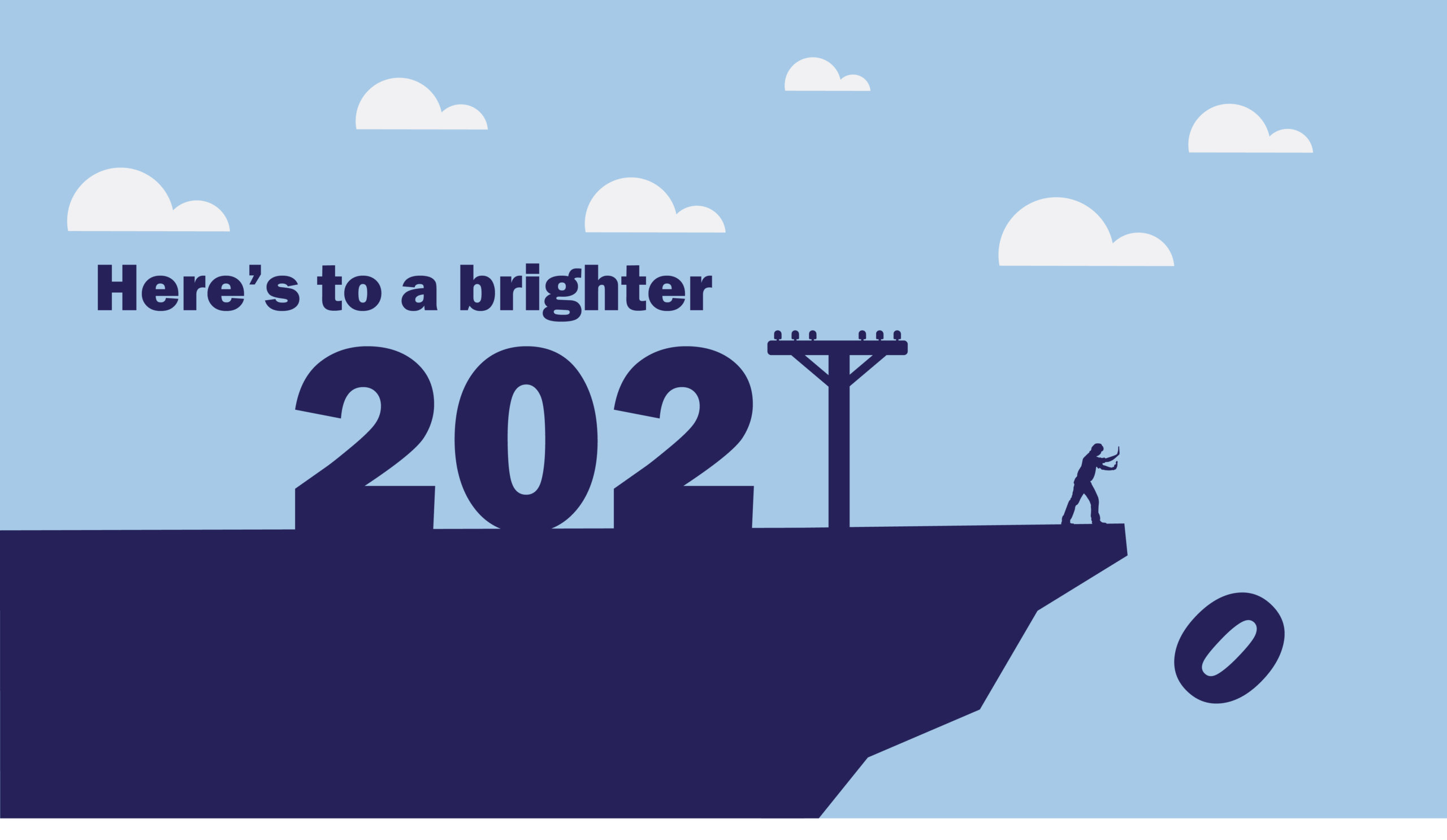Have you experienced an energy usage increase? Does your electric bill feel bloated and in need of a cleanse? Power Partners is here with low-cost and no-cost tips to help get your energy usage down all year round! Follow along with us as this article digs into our step by step process, and have you losing kWh’s in no time!
- Thermostat Settings: First, we need to drop some degrees. Comfort is key, but there is a price to being comfortable. The thermostat settings need to be 68 or lower in the winter. That seems like a low setting for the winter months, but the lower your thermostat setting, the lower your usage will be. For every degree above 68, your usage will increase by 3-5 percent. The variable is not your thermostat setting it’s the outside air temperature. The greater the difference in outside air temperature vs your thermostat setting, the greater the usage. For example: If you have your thermostat set to 68 degrees, outside air temperature is 20 degrees the difference there is 48 degrees. Conversely, if your thermostat is set to 68 degrees and outside air temperature is 68 degrees the difference is zero degrees; therefore, usage will be much less because the heating demand is much less. Also, if you’re away from the home during the day or night, set your thermostat back 2-4 degrees. You don’t want to heat your home while you’re away. However, do not shut the HVAC system off and then turn it back on when you return. The large degree difference could take a long time to heat up and it will take a toll on your HVAC system to achieve this. You will most likely have to run auxiliary heat to make up this difference as well. Speaking of Auxiliary heat, once outside air temperature hits around 32 degrees a typical air source heat pump will need back-up Auxiliary heat, which is resistive electric heating elements that cause a drastic increase in usage.
- Insulation, Air Leaks and Drafts: Let’s examine why your thermostat is set high. It’s possible the thermostat setting is higher because air leaks in the home are sending the heat you provide back out into the world. Identify any drafts or air leakage and inspect your home to see if insulation upgrades are needed. A lit fireplace is a great way to warm up in winter, but it can allow cold air in when not in use. Keep your damper closed whenever you aren’t using the fireplace. If you never use the fireplace, plug and seal the chimney flue.
- HVAC Inspection: We hear this phrase almost every day during the winter: “My bill has doubled and nothing has changed on my end. Something must be wrong.” You’re right, something COULD be wrong, but it’s not anything YOU are doing wrong or different. Do you notice your HVAC system operating more than it should? Do you see Emergency or Auxiliary Heat running when it shouldn’t be? Is your inside temperature not matching the desired degree setting? Did you forget to have the HVAC unit serviced this winter? If you answered “yes” to any of these questions, have your HVAC system serviced by a certified technician right away. We are also available to verify the meter readings are accurate and there’s no issue with the meter itself.
- Space Heaters: Space heaters are not recommended to heat your home efficiently or adequately. Most space heaters range from 1500-3000 watts. You’re essentially heating your home with a large toaster oven.
- Christmas Lights: Most Christmas lights are now LED, they use 75% less energy than standard incandescent lights and last 25 times longer. Set Christmas lights to a timer or manually turn them on at night and off before you turn in for the evening.
- Oven Heating: I am not advocating heating your home via the oven. One more time for the people in the back… I am not advocating heating your home with an oven! However, once you are done cooking, leave the oven door ajar. That’s heat you’ve already used, so why let it go to waste? DISCLAIMER: Ensure little kids or animals are not in the area at this time.
- Water Heating: Lower your water heater settings to 120 degrees. Insulate the water heater if needed. If your water heater is located in the basement or a closet and not affected by the outdoor elements, save your money and don’t worry about this step. However, a water heater that’s exposed to outdoor elements will need some kind of insulation around it. The colder air will cause the elements inside the water heater to run more often and raise your energy costs. Also, hot showers are awesome. Who doesn’t love a nice, hot shower? Just remember, the longer the shower the more energy that’s being consumed.
- Let the Sunshine in: During the day, the sun will help provide you with free heat. Open your curtains and blinds during the day. When the sun goes down, close the blinds and shut the doors. Windows are a primary source of heat loss if not insulated properly.
-
- Clothing: Hoodies are in season! Wear pants and warmer clothes during the winter months. Wrap up in an electric blanket and cuddle up to your significant other to radiate free heat. Sharing is caring!
- Get Professional Help: When you’ve done everything you possibly can to conserve and the stubborn energy usage won’t go away, contact a professional for an energy evaluation. Call 1-855-237-2673 or visit energyright.com to check eligibility and schedule your evaluation. They provide virtual or onsite evaluations.
Apply these steps and check out other articles for more energy-saving tips and tricks. We are always here to help, as well. Please call us at 931-553-7400 or email us at energyservices@cdelightband.com.
by Robert Denson

